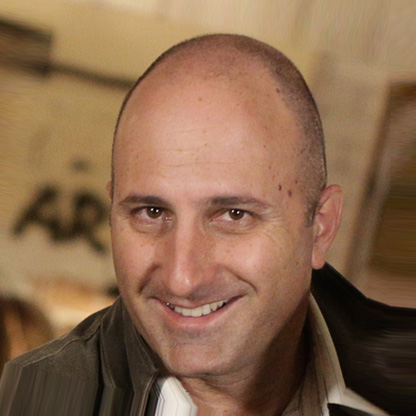Since our initial work with the school of medical sciences (SOMS) at UNSW Australia, the use of Smart Sparrow’s Adaptive eLearning Platform (AeLP) has spread across the school to involve more teachers and students.
Prof. Nicholas Hawkins—who was the head of SOMS at the time and witnessed the impact of adaptive learning—realized that AeLP could help educators work together to overcome the unique challenges of teaching Biomedicine and Healthcare online, and that its local success in UNSW could be replicated on a much bigger scale. During the initial implementation, Prof. Hawkins had noticed that the use of the AeLP had led to an interesting result: It promoted collaboration amongst peers. After creating their content, deploying it, and analyzing the learning process, educators were happy to share their work with their colleagues, present research findings and discuss best practices. With educators able to learn from each other’s experiences, the bar was raised across the board.
Prof. Hawkins knew, however, that increased peer collaboration among educators wasn’t enough. Teaching Biomedicine online is challenging in part because it often calls for complicated infrastructure and equipment that is not always available. In the absence of the physical equipment online content needed to be intelligent and engaging. With no teacher present, the teaching style had to challenge students with “trial and error” tasks and spark their desire to do and to learn, but just like in the classroom, teachers still needed control over their pedagogy with full visibility over the teaching and learning process.BEST lesson
Prof. Hawkins also knew that, regardless of the different curriculums developed by different medical schools all over the world, the core subjects taught in Biomedicine are similar, and the teaching infrastructure and resources used are mostly the same in all schools.
With a vision for a clear opportunity to share resources and knowledge in Biomedicine, Prof. Hawkins decided to take action. In 2012, he formed a group of four founding Universities (University of Melbourne, James Cook University, University of Queensland and UNSW) and, together with Smart Sparrow, won a government grant to develop and launch the BEST (Biomedical Education Skills and Training) Network. As part of the Network, universities and faculty can work together to share expertise, courseware, and even biomedical images – an otherwise expensive and time-consuming endeavor.
Since then BEST has grown to be a not-for-profit network of biomedical Schools that develop and share resources and technology. Designed and managed by academics for academics.


